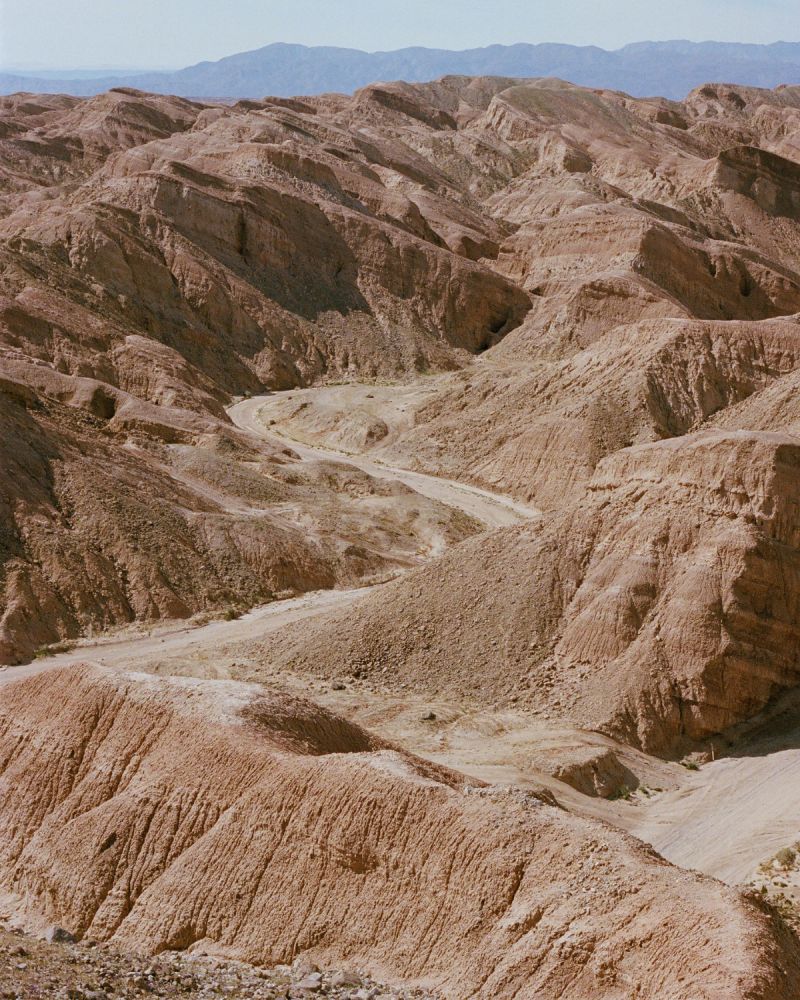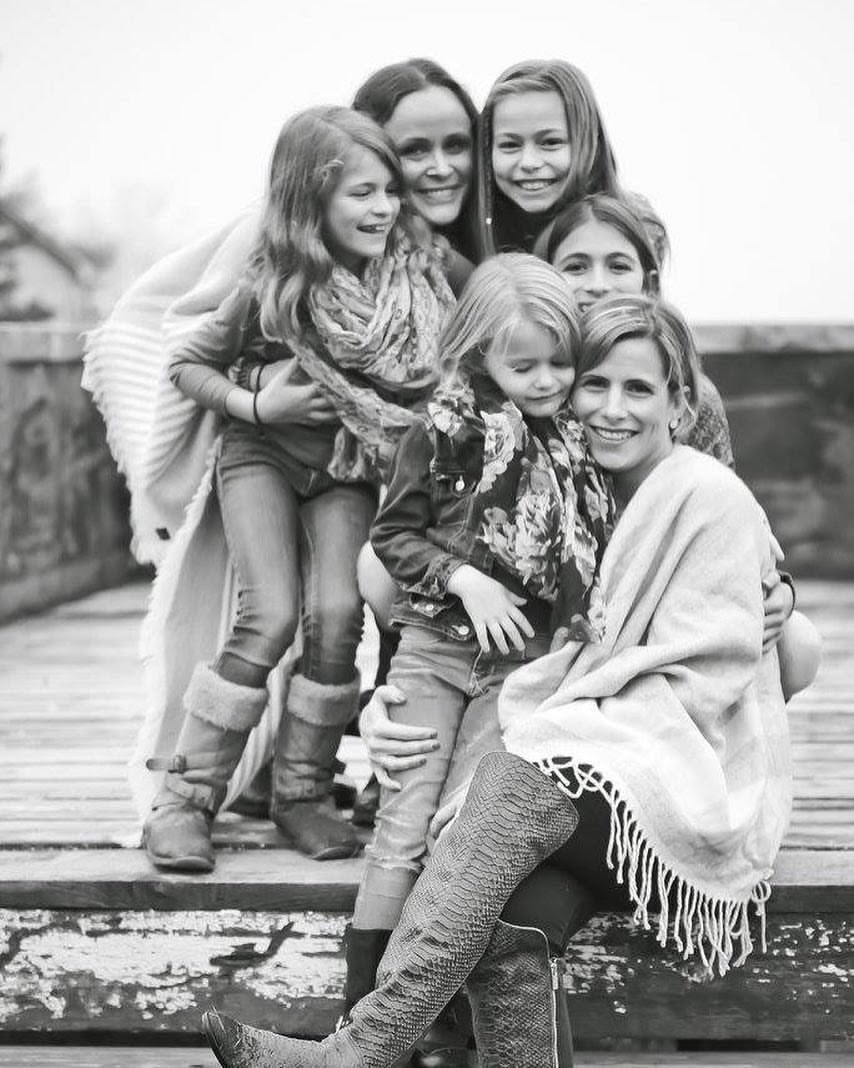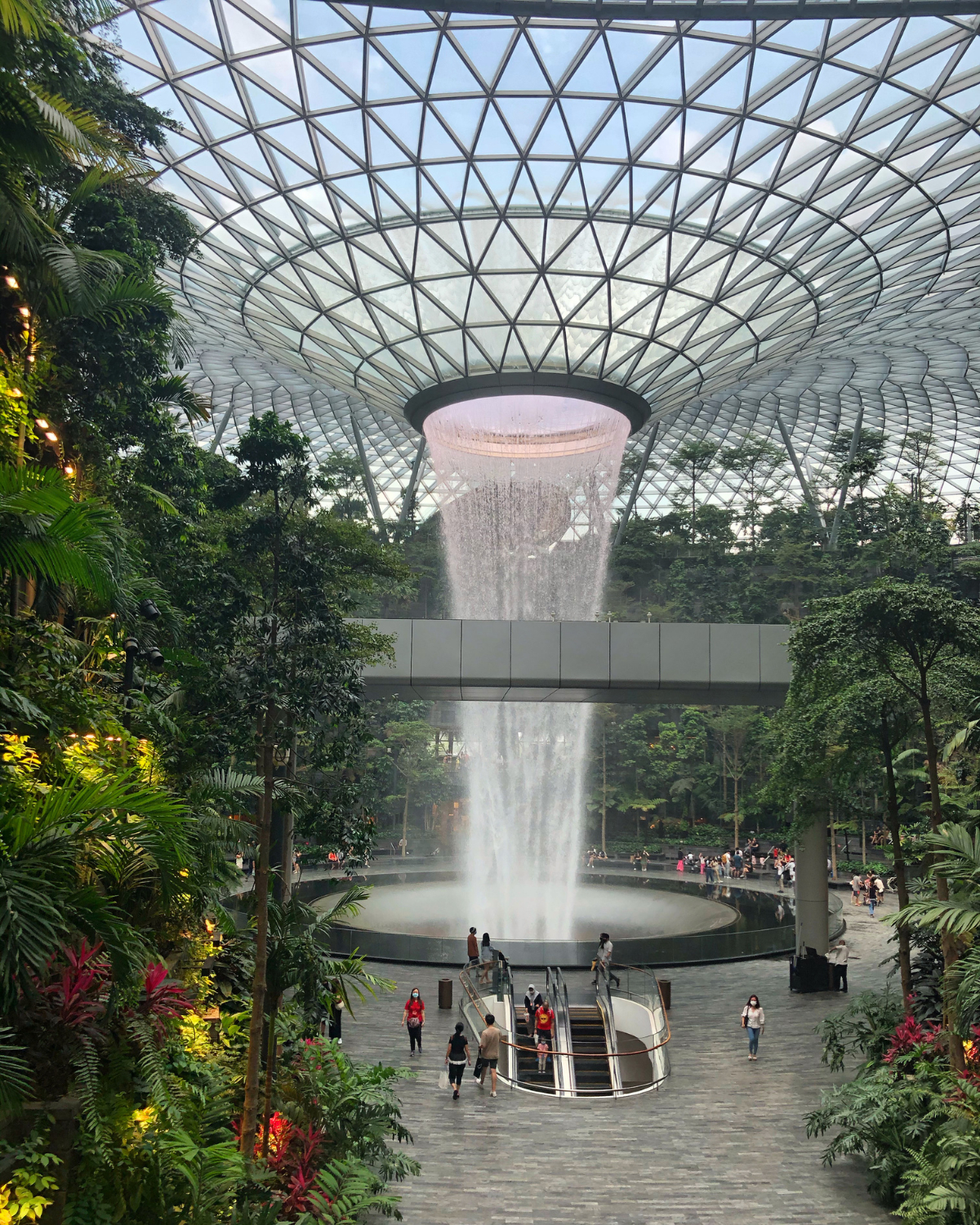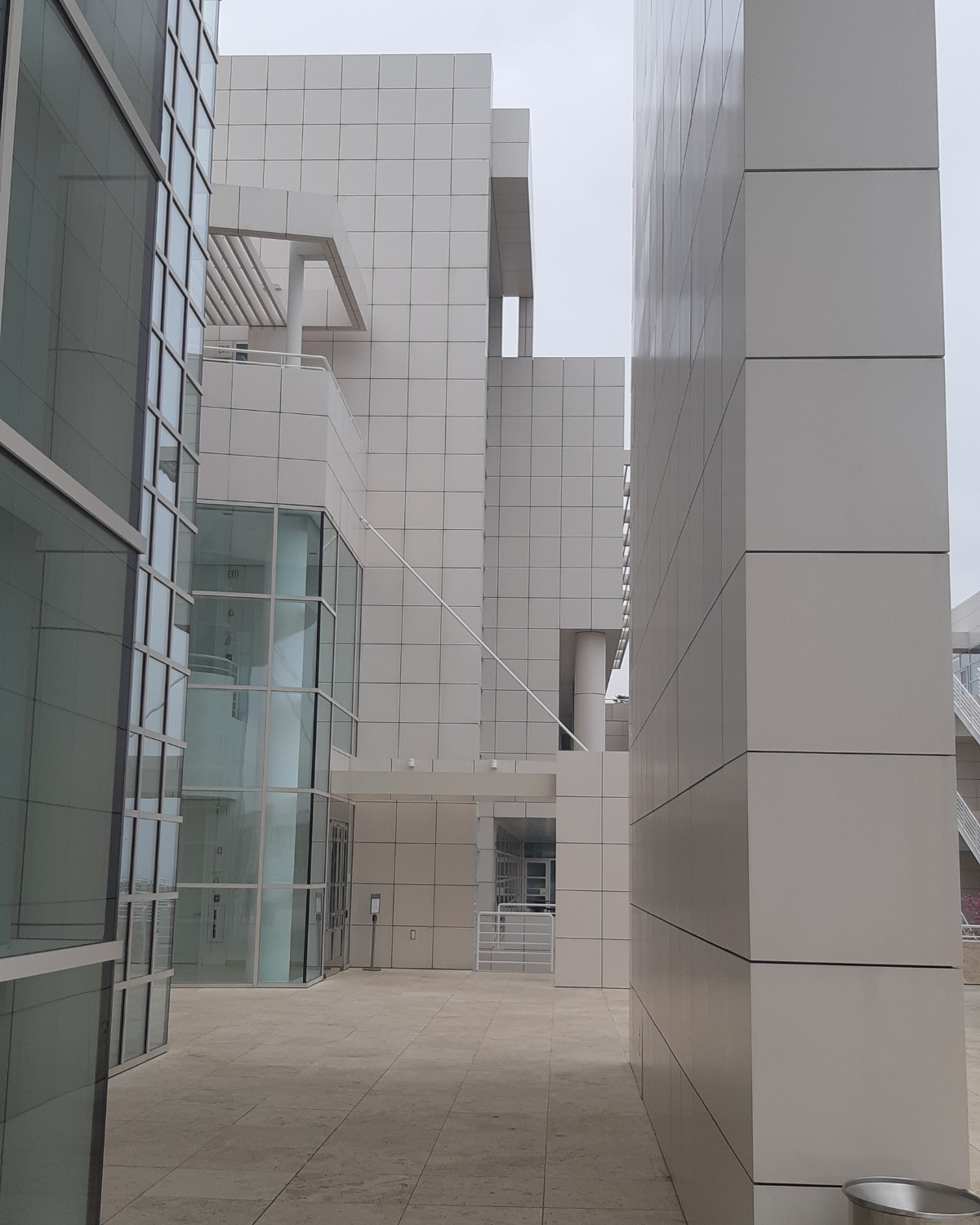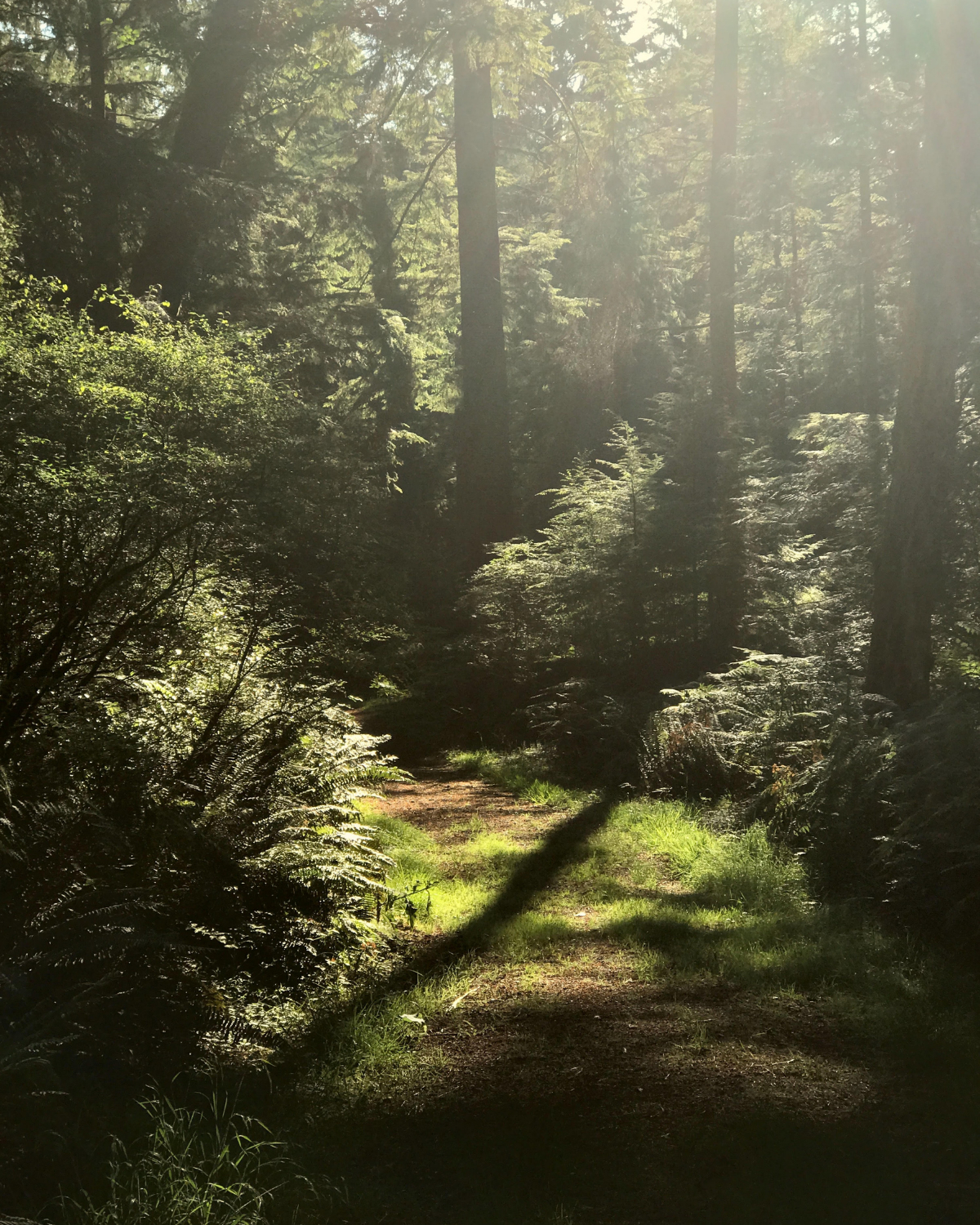Goodee Reflects
Climate change—A race we must win together
The Goodee Team shares personal takes on our planet's biggest challenge.
Climate change feels closer to home for many more today. Amid a summer of floods, heat waves, and fires, the UN's Intergovernmental Panel on Climate Change (IPCC) delivered a sobering assessment of our planet's future: burning more fossil fuels in the decades to come will rapidly intensify deadly extremes, and no part of the Earth will be spared. This powerful reality check came with a sliver of hope, however: if the world acts fast, deep carbon cuts could stabilise global temperatures.
As the clock is ticking on the climate crisis, members of our team share their thoughts, feelings, and experiences on coping with eco-anxiety, sustaining inclusive climate conversations, and generally, being part of the solution.
Molly Scott - Trade
For a very long time, I have been focussed and dedicated to doing all I can for our planet. I have four young nieces and two stepchildren, and I worry about their future and the future of their children (should they decide to have any).
Watching the terrible destruction caused by wildfires, the devastation of stronger-than-ever hurricanes and tropical storms, the plastic that is filling our waters and affecting our sea life, and heatwaves that are reaching all-time highs is simply horrifying. We simply must do our part to protect future generations.
I spend countless hours researching everything our household may need, to ensure that, not only is there a sustainable alternative for every one of these needs, but that we are also supporting good people with good causes and beautiful design.
After reconnecting with Byron & Dexter Peart—old friends of mine—our stars aligned. I decided to leave my previous career to join GOODEE, so that I could do even more to make an impact. I work closely with designers and architects and know that they, and their clients, are craving to do all they can too.
Being part of GOODEE allows me to share amazing stories from around the world, about people and brands who are going above and beyond to be kind to our planet and our people.
I wake up every day feeling so grateful to be part of a team that has the same mindset and focus and determination as I do.
Lara Assali - Buying
Over the past few years, I’ve visited Reno, Nevada enough times to note a distinguishably new phenomenon. The climate, a result of desert warmth which amalgamates with dryness, makes for beautiful and light weather that always cools down in the evening. The city’s astounding landscape is something that caught my immediate attention, and the wild mustangs—in a dazzling spectacle—run freely in the hills and mountains all around its outskirts.
In August 2021, the wildfires across the region had reached an all-time high. One fire in particular, the Dixie fire, covered over 800K acres, making it one of the largest wildfires in the history of California. This one alone wiped out an entire town—Greenville. The destruction, displacement, loss of livelihood, and devastation that these calamities are causing is unfathomable. Reno is not even directly adjacent to any of the fires, however, it is close enough for one to notice their direct effects.
During my most recent visit, I noticed my usual visual amazement for the city was lacking. The amount of smoke in the air made it impossible to see the landscape I admire. Not to mention how it undeniably became detrimental to people’s health, most of whom had to lock themselves indoors to avoid lung damage. Similarly, due to the smoke’s omnipresence, the wildlife evanesced. All this is but a fraction of what it was like to witness something that, for me, was a new phenomenon: ash snow. It covers every flat surface. A hard sight to swallow for someone who hadn’t ever experienced the consequences of wildfires. Needles to say, I never got to see the mustangs I always look forward to observing. This is all a direct result of the climate crisis the world is currently facing, and seeing it first hand, in this new manifestation, was extremely disconcerting. Action needs to be taken.
Alexia Jacquot - Copywriting
How to maintain sustainable practices while settling into a new country and new culture? I have to admit, the transition from Canada and Europe to Singapore has not come without challenges.
In fact, adjusting to life in the air-con loving, convenience-oriented city-state has meant unlearning ingrained habits, starting with waste disposal. Why did there seem to be so few recycling bins in residential spaces? What were we supposed to do with empty delivery boxes, or even glass jars?
Educating myself about Singapore’s waste management practices has been key to making sense of it all and adapting to our new reality. Here’s how it goes: Unlike many other countries, Singapore does not put waste directly into a landfill. Instead, non-recyclables are burnt into incinerators to reduce the total volume of trash that will end up in the country's one and only dumpsite. The exhaust is purified in the process and the energy generated by combustion is in turn delivered to the electricity grid. Meanwhile, recycling rates remain low, and much of it is sent overseas, or ends up being incinerated anyway. And here’s the catch: Singapore’s landfill is expected to run out of space by 2035.
Which leads to our main conundrum: how to reduce waste significantly, particularly single-use plastic, when said plastic is everywhere? (And I mean, everywhere.) When it comes to groceries and other household essentials, finding suitable, package-free options (bonus points if the produce is locally grown and/or organic) in a country that imports most of its food takes time and dedication.
Seven months in, I’m still in the process of figuring out new routines for a more planet-friendly life in the local context. My efforts may feel insignificant in the grand scheme of things, and clearly more stringent action is needed for Singapore to reach global targets, but I am hopeful: the climate movement is growing here too, and that’s a good sign.
Abena Oteng - Marketing
The topic of climate change can be very eye-opening, as we all learn new facts about our earth. Many of us are genuinely concerned and are trying to determine solutions to prevent further damage. One thing to consider when having these conversations, is to ensure our language around climate change doesn’t come off as exclusive. Often our solutions are rooted in a lot of classism and many people in lower classes or marginalized groups may feel a large target on their backs to implement changes that aren't as simple.
Depending on how you were raised and how you are currently living, many people may have other priorities that call for their attention. If you are a part of a marginalized group or fall in a lower-middle-class, social class, realistically you may have more pressing challenges like daily attacks of racism, food shortages, and job insecurity.
Oftentimes, I even question why we put so much pressure on the everyday consumer, instead of working collectively to target large businesses and their CEOs. The weight of fixing the world's climate problem can feel really heavy on people just trying to get by in life. Of course, every small contribution can lead to a big impact, but we need to provide multiple and realistic ways of making an impact.
If we tell people to stop using plastic straws or to stop eating meat are we also providing people with safe and affordable alternatives? Live in a predominantly black and brown town in America and have struggled with food deserts (an area that has limited access to affordable and nutritious food- wiki) for most of your life? Well, the so-called simple task of buying organic or reducing the amount of packaged goods/processed foods is not that easy in comparison to another individual who has access to three or more grocery stores a short five-minute drive away.
It is so vital to include more people in the climate change conversation as the impacts of drought, fires and rising sea levels concern every living person. Making an effort to consider the lived experiences of more than just white middle and upper-class individuals could make a world of a difference in reducing shame around the conversation and creating a bigger impact on the issue. The more people we can add to the conversation, the higher the likelihood that we can start doing more than just talking.
Nicholas Belluk - Merchandising
Growing up on the west coast of Canada, I first felt the physical effects of climate change in the mid-2010s, when enormous forest fires filled the air with smoke, blocking out the sun and reducing visibility to no more than 50 feet. Since then, each year has accelerated changes: my Canadian winters are now more manageable, while droughts, or constant rain, fill the summer months. Yet the biggest change I have seen isn’t in weather patterns, but in a collective shift in my friends towards uncertainty and fear.
One of my friends recently grumbled that we—millennial/gen Z cusp babies—were born at the end of the “have fun” generation and at the beginning of the “wait and find out” generation. The only thing anyone is sure of over the next fifty years, is that nothing will be the same by the end of it.
Fear is a natural reaction to our uncertainty. It’s hard to plan for the future when the landscape is constantly changing, and harder to look forward to it. It’s harder still to square feelings of complicity in global warming while still engaging in society. And it’s scary to know that this is only the beginning; that our homes might not be livable in a few decades; that any thoughts of children will need to be carefully weighed against the quality of their future lives.
Climate anxiety is tangible and real. We will all come up with personal ways to manage it—I turn off the little voice in my head by asking myself, for each action I take, what the world would look like if everyone else did the same. This isn’t perfect and I mess up a lot! But guiding my actions along these lines has helped me regain some control. In the long run, you can only combat uncertainty, not with denial, but with clarity. We control neither the future nor the past, but the present.
Justine Miller - Operations
Anxiety is not new. Feeling nervous, restless and tense, overthinking and worrying, these are not unfamiliar feelings. Climate anxiety, however, is new, so to speak. It is a different kind of anxiety—an intense, dramatic kind. A kind that everyone can feel, yet that disproportionately plagues younger generations: millennials and Gen-z alike.
Being on the cusp of both of these generations, my peers and I have been feeling overwhelmed lately, frequently wondering what our futures look like. Given the rate at which the climate crisis is worsening, is it ethical to bring kids into this world? What country/city is safest to live in given the rising threat of environmental disasters? It’s easy to feel hopeless when going down this spiral.
But, just as being fed bad news can lead to hopelessness and despair, seeking out the good news can lead to hopefulness and optimism. This type of thinking is what helps me ease my anxiety, and also in the end create more positive change.
You see, just as easily as I can turn on the news showing the fires, floods, and earthquakes, I can choose instead to turn on a podcast discussing young climate activists and the possibility for a better future. Yes the climate crisis is worse than ever, but at the same time, more than ever, people (especially young people) around the world are eager and willing to make a change, and that’s inspiring. Indeed, younger activists play a significant role in the climate debate. Greta Thunberg, for example, and the Sunrise Movement—a youth-led political organization urging increased attention to climate change—are some of the most notable voices in the global conversation regarding climate action. That fact alone eases my anxiety and let’s me focus on what I CAN do rather than remain paralyzed by climate anxiety.
Indeed, it is simply by actively choosing to focus on the positive changes and progress that is being made that I’m able to turn dread into hope, and channel my anxiety into action.
+++
Remembering that, modest as they might seem, individual actions can become precursors of wider change is critical. Even more critical is the fact that we are not alone. Change does not happen alone. It’s the multiple actions we take over time—alongside others—and the collective force that emerges from them that will ultimately create a shift, and we all have a role to play.

























